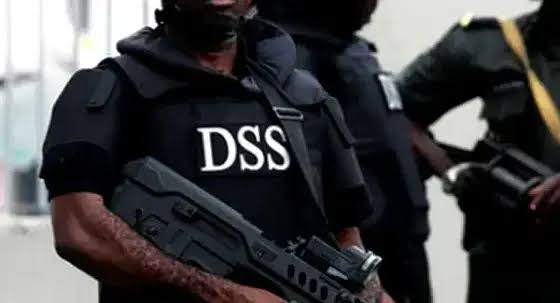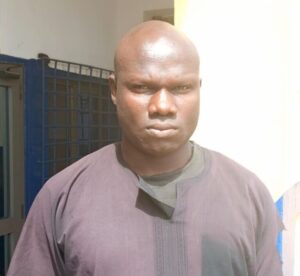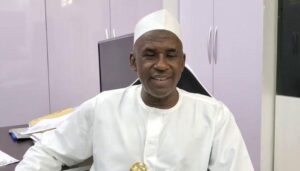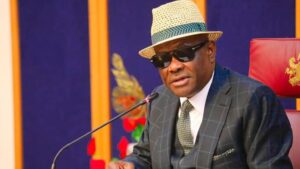In an unprecedented move, the Department of State Services (DSS) has threatened to take legal action against Khalid Aminu, an #EndBadGovernance protester, who accused the agency of torturing him while in custody. Aminu, an engineer, was among several protesters arrested during the August #EndBadGovernance demonstrations in Kano and other northern parts of Nigeria.
After his release, Aminu appeared on a Channels Television program where he shared his experience of what he described as “inhuman” treatment by DSS officers. Aminu stated that he was arrested on August 3rd, 2024, at the NEPA Roundabout in Kano. He alleged that, right from the moment of his arrest, DSS officers began beating him with boots, sticks, and other objects. He recounted being shoved into a Hilux vehicle along with other detainees and transported to the DSS command in Kaduna.
Upon arrival at the DSS facility, Aminu claimed the abuse intensified. He described being beaten with armoured cables, sticks, and other instruments, saying, “They started beating me. I was flat down and they were blasting me with all forms of sticks, armoured cables, everything you can think of.” According to Aminu, the physical abuse was relentless, and the experience left him traumatized.
The DSS responded quickly to Aminu’s allegations. In a letter dated November 25, 2024, the agency’s lawyer, Mohammed Sani Ndanusa, accused Aminu of deliberately spreading false information to tarnish the reputation of the DSS. The letter, titled “Re: Allegation of Torture By Department of State Security Officials While Undertaking Custody in Kaduna,” demanded that Aminu retract his statements.
The DSS lawyer argued that Aminu’s claims were not only false but also harmful to the agency’s image, both within Nigeria and internationally. The letter stated that Aminu’s allegations had caused embarrassment to the DSS and its officers, and demanded that he publish a retraction in three widely circulated newspapers within a specified time. The DSS further warned that if Aminu did not comply, they would take legal action against him.
Interestingly, Aminu’s claims of torture have been contradicted by other protesters who were detained with him at the DSS facility in Kaduna. In a recent interview with the press, several of these detainees stated that they were not subjected to any physical abuse while in custody. This has raised questions about the accuracy of Aminu’s claims and has led to speculation regarding the true nature of the treatment protesters received while detained by the DSS.
The tension between Aminu and the DSS highlights broader issues of accountability, human rights, and the treatment of detainees in Nigeria. Torture and abuse allegations against security forces are not new in the country, and these incidents often spark outrage among human rights groups and the public.
While the DSS denies the allegations, this situation brings into question the methods used by security agencies when dealing with protests and the treatment of individuals in their custody. If Aminu’s claims are true, it would be a serious violation of human rights, which could have significant legal and political consequences.
As of now, Aminu has not publicly responded to the DSS’s demand for a retraction. However, the threat of legal action remains looming, and it is unclear whether Aminu will comply with the DSS’s request or stand by his allegations. This case is likely to attract further attention in the coming weeks, especially if the DSS proceeds with legal action, which could spark protests and debates over the agency’s treatment of detainees and its role in suppressing political dissent.
For now, all eyes are on Khalid Aminu and whether he will retract his claims or face legal action for allegedly defaming the DSS. His case serves as a reminder of the tensions between security agencies and citizens, especially in politically charged times.







